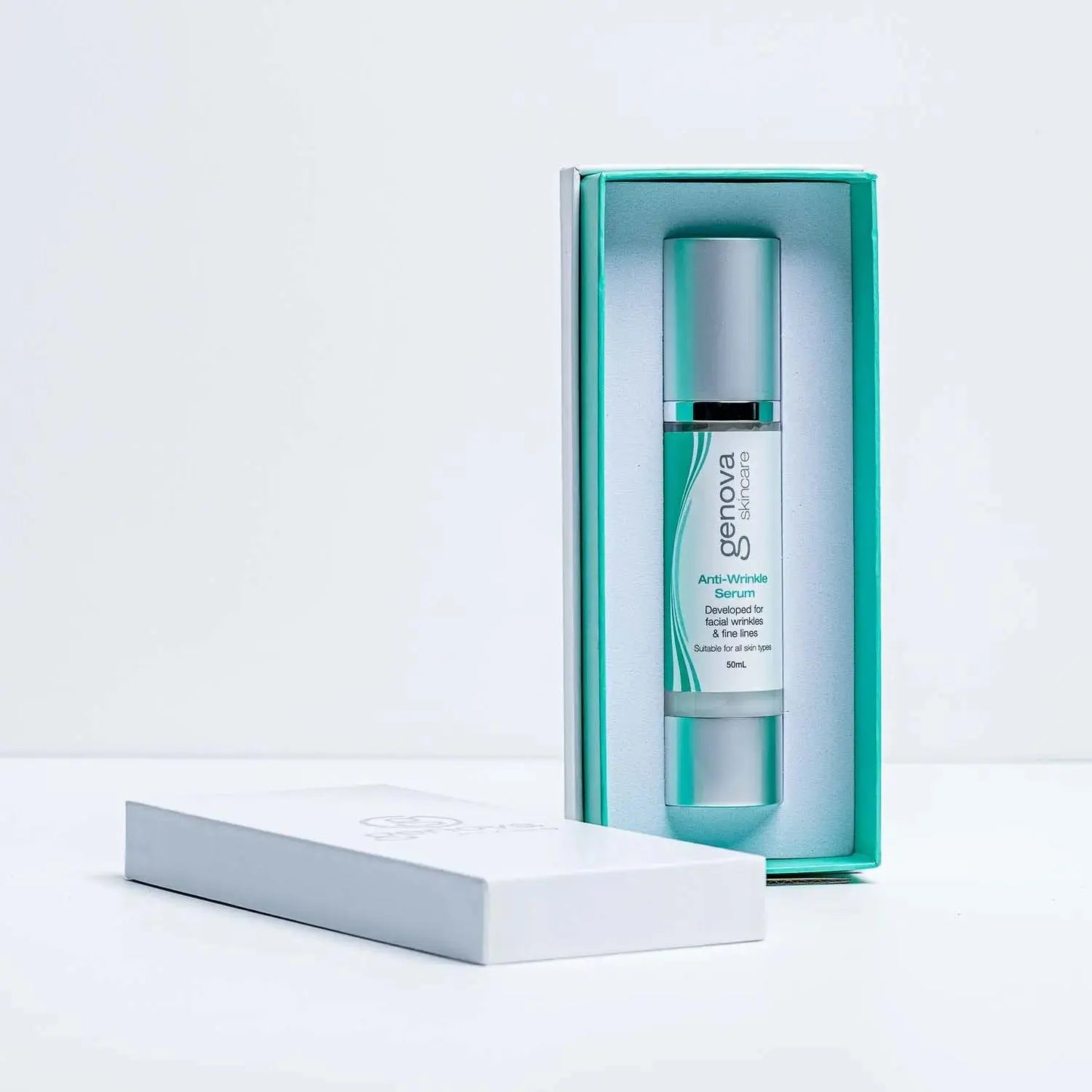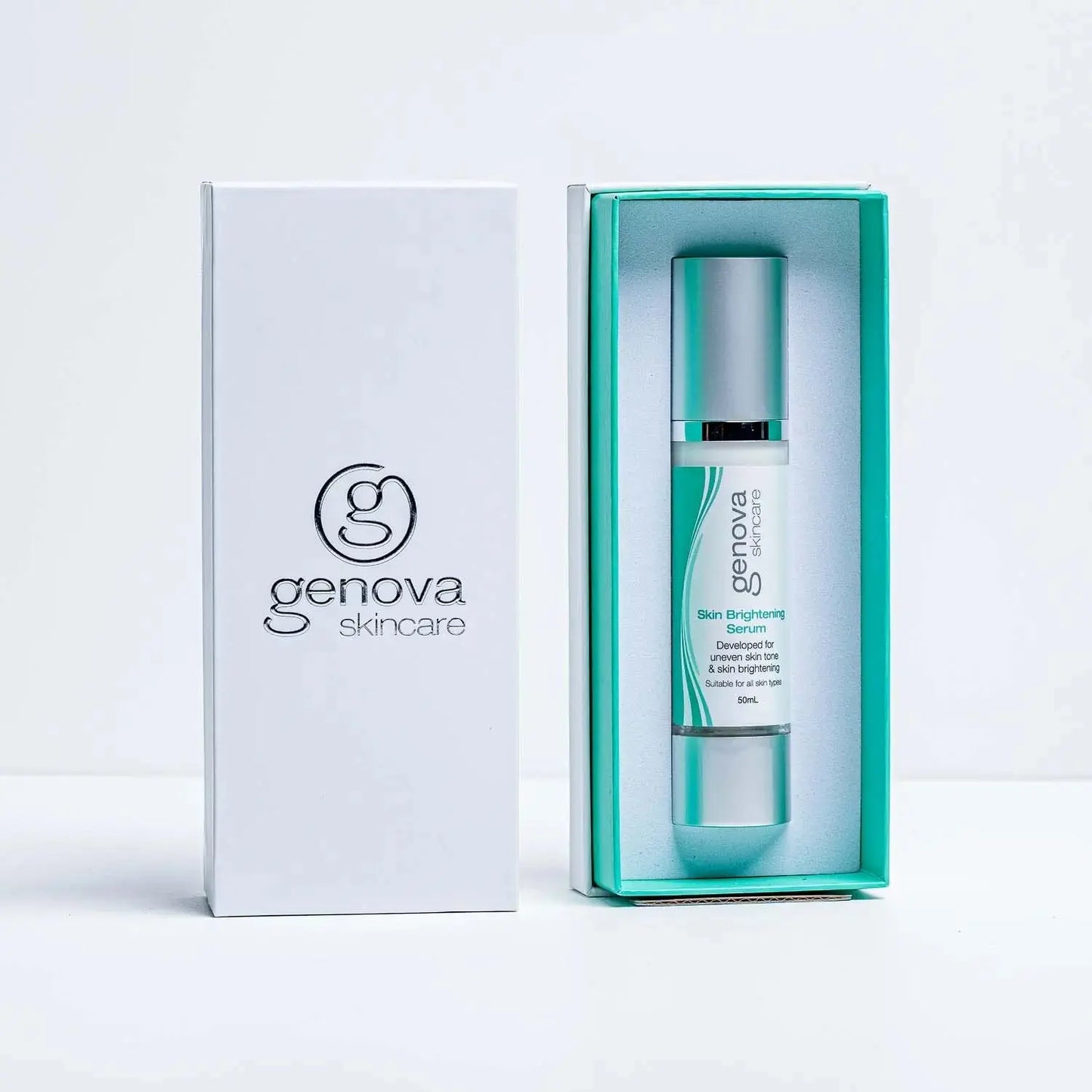The Ultimate Guide to Boosting Collagen After 50: Science-Backed Strategies
Have you noticed your skin doesn’t bounce back like it once? Do those fine lines seem more persistent, and does your complexion appear less firm and resilient? These changes aren’t just your imagination—they’re directly linked to declining collagen levels, one of the most significant skin transformations after 50.
For Australian women navigating midlife skin changes, understanding collagen loss—and how to address it effectively—can make a remarkable difference in how their skin ages. Today, we’re exploring science-backed strategies to support and boost their skin’s collagen after 50.
Understanding Collagen Changes After 50
Collagen, the most abundant protein in your body, provides the structural framework that keeps skin firm, plump, and resilient. After 50, several significant changes occur:
Collagen production decreases by approximately 30% during the first five years of menopause, with a continued loss of about 2% annually thereafter. This dramatic decline explains why many women notice sudden skin firmness and elasticity changes during this period.
The remaining collagen becomes increasingly fragmented and disorganised. Instead of forming strong, supportive networks, these fragmented fibres cannot effectively maintain the skin’s structure, leading to sagging and loss of definition.
Collagen-degrading enzymes (matrix metalloproteinases or MMPs) become more active with age and hormone changes, accelerating the breakdown of existing collagen. This creates a challenging situation where production decreases while breakdown increases.
These changes aren’t just cosmetic concerns - they reflect fundamental skin health and function shifts. Collagen provides the supportive scaffold that helps skin retain moisture, recover from environmental damage, and maintain its protective barrier.
Evidence-Based Strategies for Collagen Support

Topical Treatments That Work
Several ingredients have demonstrated significant efficacy in supporting collagen production in mature skin:
Retinoids remain the gold standard for collagen stimulation. These vitamin A derivatives increase collagen synthesis by activating genes responsible for production while inhibiting collagen-degrading enzymes. Studies show that prescription-strength retinoids can increase collagen production by up to 80% in mature skin, while over-the-counter retinol produces more modest but significant results. Start with low concentrations (0.25-0.5%) twice weekly, gradually increasing frequency as tolerance builds.
Peptides serve as messengers that signal your skin to boost collagen production. Particularly effective are matrixyl (palmitoyl pentapeptide-4), which can increase collagen production by up to 117% in laboratory studies, and Argireline (acetyl hexapeptide-8), which helps preserve existing collagen by limiting repetitive facial movements that lead to wrinkles.
Vitamin C is essential for collagen synthesis—your body cannot produce collagen without it. Research shows that topical vitamin C at 5-20% concentrations supports new collagen formation, stabilises existing collagen fibres, and reduces collagen degradation. Look for stabilised forms like ethylated ascorbic acid or tetrahexyldecyl ascorbate for optimal results.
Growth factors derived from plant stem cells or bioengineered sources help activate your skin’s natural regenerative processes. These molecules signal fibroblasts (collagen-producing cells) to increase production while supporting the proper organisation of new collagen fibres. Research shows improvements in firmness and elasticity after 8-12 weeks of consistent use.
Internal Support for Collagen Production
Supporting collagen from within is equally important:
Collagen peptides consumed as supplements have shown promising results in multiple clinical trials. A 2019 meta-analysis found that women taking 2.5-10g of collagen peptides daily for 8-24 weeks experienced significant improvements in skin elasticity, hydration, and dermal collagen density. These peptides provide the building blocks your body needs while stimulating natural production.
Antioxidant-rich foods help protect existing collagen from degradation. Focus on vitamin C-rich fruits (kiwi, berries, citrus), vitamin E sources (nuts, seeds, avocados), and polyphenols in green tea, dark chocolate, and colourful vegetables. These compounds neutralise the free radicals that would otherwise break down collagen fibres.
Silicon-rich foods like cucumbers, bell peppers, and whole grains support collagen matrix formation. Silicon helps form the cross-links between collagen fibres that give skin strength and resilience.
Omega-3 fatty acids from fatty fish, walnuts, and flaxseeds help regulate inflammation that can degrade collagen. Research indicates women with higher omega-3 intake show better skin firmness and fewer visible wrinkles.
Professional Treatments Worth Considering
For more significant collagen stimulation, several in-office treatments have demonstrated impressive results:
Microneedling creates controlled micro-injuries that trigger collagen production. Studies show increases in collagen production of up to 400% after a series of treatments, with improvements in skin firmness visible within 4-6 weeks.
Radiofrequency treatments use energy to heat the deeper skin layers, causing immediate collagen contraction and long-term stimulation of new collagen. Research shows a 35-60% improvement in skin laxity after several treatments.
Laser resurfacing, particularly fractional lasers, removes damaged skin while stimulating robust collagen remodelling. These treatments can increase collagen density by up to 40% in mature skin.
Quick Tips for Protecting Your Collagen
- Make sun protection non-negotiable. UV exposure is the leading cause of collagen degradation, with studies showing that just two minutes of unprotected sun exposure can activate collagen-destroying enzymes.
- Maintain stable blood sugar. High sugar consumption creates advanced glycation end products (AGEs) that cross-link collagen fibres, making them stiff and dysfunctional. Reducing refined carbohydrates and sugars helps preserve collagen flexibility.
- Prioritise sleep. During deep sleep, your body produces growth hormones essential for collagen synthesis and repair. Aim for 7-8 hours of quality sleep to support this process.
- Manage stress. Chronic stress increases cortisol, directly breaking down collagen and inhibiting new production. Regular stress management practices help preserve your collagen stores.
Creating Your Collagen-Boosting Routine

A comprehensive approach combines multiple strategies:
For your morning routine, apply vitamin C serum followed by peptide-containing moisturiser and broad-spectrum SPF 50+ sunscreen. This provides immediate antioxidant protection while supporting collagen synthesis throughout the day.
In the evening, focus on repair with retinol or retinaldehyde products, followed by nourishing ingredients that support your skin’s overnight regeneration processes. Consider incorporating growth factor serums several times weekly.
Supplement this topical routine with collagen peptides, antioxidant-rich foods, and omega-3s to provide internal support for your skin’s architecture.
Every 4-6 weeks, consider professional treatments that provide deeper collagen stimulation to complement your daily care routine.
Embracing Realistic Expectations
While these strategies can significantly improve collagen levels and skin appearance, it’s important to maintain realistic expectations. The goal isn’t to recreate 30-year-old skin but to support your skin’s health and function during this new phase of life.
With consistent care and the right combination of strategies, you can maintain healthy, vibrant, and resilient skin, reflecting good genetics and your commitment to evidence-based skin health practices.
What collagen-boosting strategies have you found most effective after 50? Share your experiences in the comments below—our community of Australian women navigating similar changes has wisdom to share.








